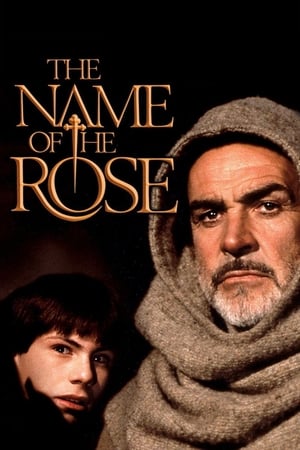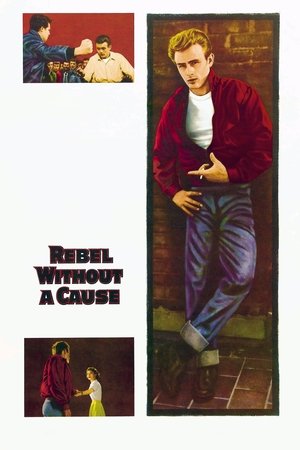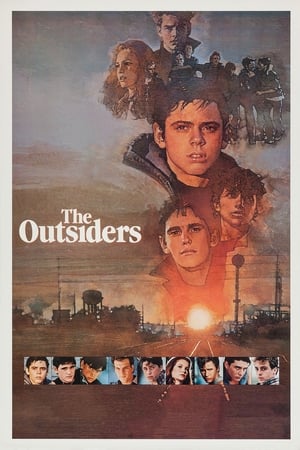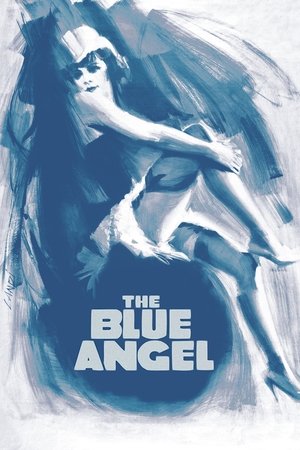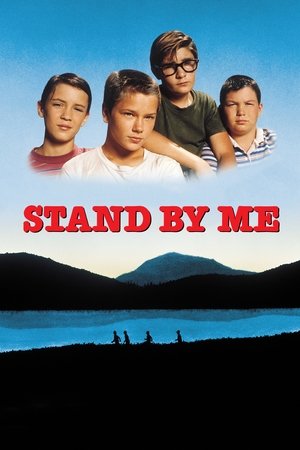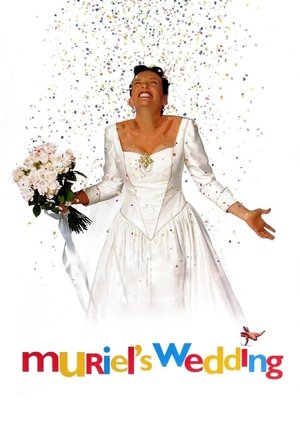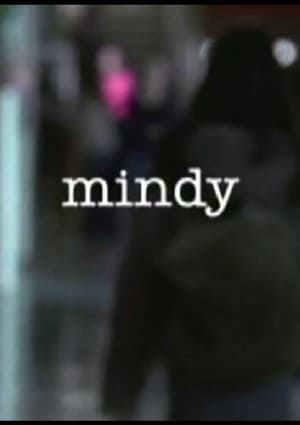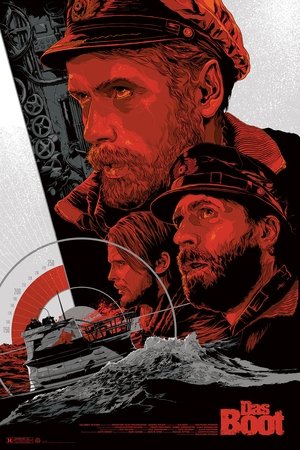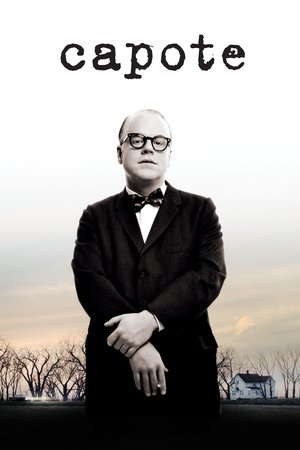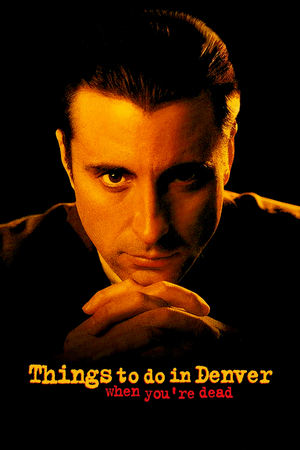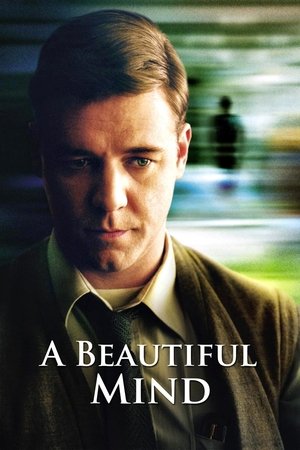Overview
An epic journey of friendship and self-discovery set in the breathtaking Italian Alps, The Eight Mountains follows over four decades the profound, complex relationship between Pietro and Bruno.
Reviews
"Pietro" (a scene stealing Lupo Barbiero) is a young boy taken by his mother from their home in Turin to a small mountain village where amongst the dozen or so residents he befriends "Bruno" (Cristiano Sassella). The latter boy lives with his cheese-making uncle, content to follow in his footsteps. After a few trips, the visiting family decide to offer "Bruno" an opportunity for education in the city, but when that comes a cropper the two boys become a bit estranged not just from each other, but "Pietro" from his dad (Filippo Timi) too. It is only when his father dies that "Pietro" (now Luca Marinelli) returns to the mountain where he is reintroduced to "Bruno" (Alessandro Borghi) and advised that his father has left him a ramshackle cottage high above the snow line. The two set about restoring this ruin and simultaneously rediscover their friendship. What now ensues is a throughly engaging story of two men reconciling their similarities and their differences. The one content to live as his predecessors had, the other restless and ill-focussed. The treacherous mountain is but one of the challenges the men face as they grow older and world-wearier. The narrative also illustrates just how tough subsistence living - especially in any traditional sense - can be, and at times the despair is palpable. That said, there is plenty of understated joy here, too. This isn't a depressing watch, it's actually quite an illuminating and uplifting one that I really did enjoy for just shy of the 2½ hours running time. The acting is good, the writing is plausible and the photography: the drones are put to great effect bringing us the beauty and hostility of this enthralling environment. It's a film about friendship and integrity, this - warts and all - and it also warns us of the dangers to rural livelihoods if left unsupported and neglected by society at large - especially those urban amongst us, safely ensconced behind our double gazing. Thought-provoking with a characterful richness - well worth settling down to watch.
This is an amazing and captivating study of the personal growth two men and their relationship over a forty-year period. It's never boring, in spite of the film length. The pacing is just perfect for the unfolding of kind of deep love that humans may have for each other.
"In certain lives, there are mountains to which we may never return. That in lives like his and mine, you cannot go back to the mountain that is in the center of all the rest, and at the beginning of your own story. And that wandering around the eight mountains is all that remains."
I'm sorry that I didn't read the book first. I read the preface, and Poalo Cognetti's writing style is poetic and flowing. At some point, I'll read it anyway. THIS is a good example of an award-winning book made into an award-winning film.
Considering the importance of friendship in our lives, it’s somewhat surprising that there aren’t more movies devoted to this subject. But perhaps that’s because it’s difficult to make truly engaging films that effectively address this topic. Such is the case with this would-be grand sweeping epic set against the mountain landscapes of Italy and Nepal. In this tale of life-long friendship and self-discovery, directors Felix van Groeningen and Charlotte Vandermeersch attempt to examine these issues through the complex relationship of two boyhood chums (Luca Martinelli, Alessandro Borghi) over the course of four subsequent decades. Unfortunately, the film seeks to cover so much ground (and lacks the kind of clarity required to do so) that much of the narrative seems muddled, meandering and just plain dull. The filmmakers try to paper over this central shortcoming with its visually stunning cinematography, which is so impressive in itself that it almost makes the picture worth watching. However, given the overall lack of focus, snail-like pacing and inclusion of too much easily removed extraneous material, the visuals are not enough to overcome a script that’s not as profound as it likes to think it is. Moreover, the chemistry between the two protagonists is often unconvincing and unclear as to what the true nature of their connection is supposed to be, making it hard to believe that they’re genuinely the good friends that the directors are attempting to claim they are (or, strangely enough at times, that they’re perhaps more than just the friends that they allegedly are). In the picture’s defense, it improves somewhat the further one gets into the story, but so much narrative clutter has preceded this that it’s difficult to muster much enthusiasm for how events play out. And, despite a supposedly uplifting message, this offering has a profound level of sadness attached to it that the filmmakers try to deflect with a sense of overblown phony nobility that, even if widely held, fails to muster the empathy it tries to generate with audience members. Friendship is indeed something that deserves wider attention in the cinematic landscape, but this release is not the way to go about it.

 147 min
147 min
 7.616
7.616
 2022
2022
 Belgium
Belgium
 CinemaSerf wrote:
CinemaSerf wrote:

